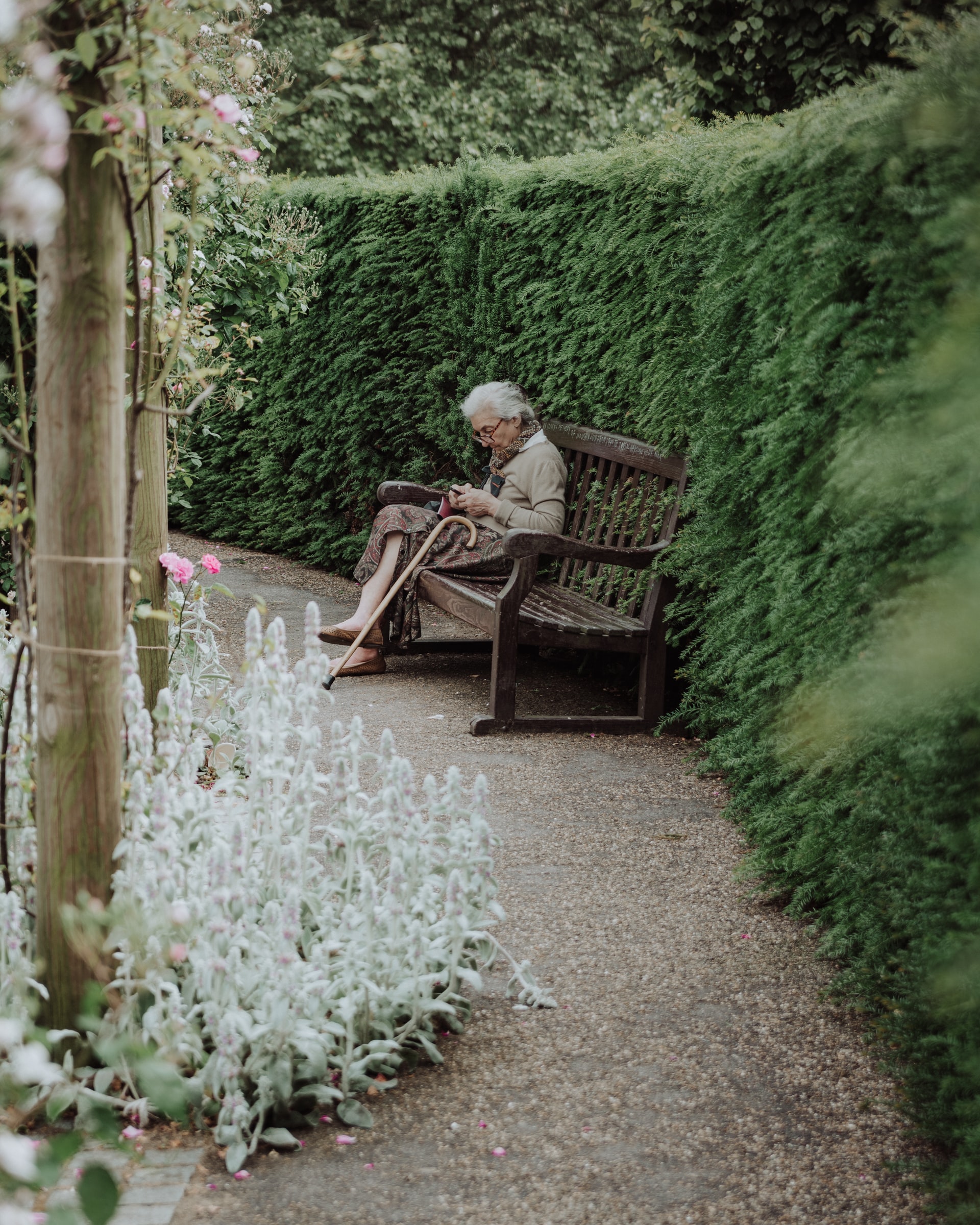“If music be the food of love play on; give me excess of it, surfeiting. The appetite may stricken, and so die. That strain again!”
This is one of my favorite quotes, and it comes from Shakespeare’s Twelfth night. They say that music softens people’s hearts and moods. But that’s just one of its many advantages for young and older people alike! Studies now clearly show that music is a real asset in an older person’s life.
Depression, dementia, and isolation are only some of the many ailments that music can alleviate. It is also a way for someone to remember the past and remember the good old days. So, without further ado, let’s dive into this blog and learn some of the benefits of listening to music as an older person.
1. Delays the symptoms of Dementia

There is strong scientific evidence out there that shows that listening to music may slow down dementia or even keep it at bay in some cases. The reason behind this is still being researched, and some research has shown that listening to one’s favorite songs from one’s past can bring back memories of their youth, which may lead to reduced memory loss.
Singing along to music can also be very beneficial for the brain of senior citizens as it provides a cognitive workout when they try to recall the lyrics. It can help them preserve important memories and also allow them to process their thoughts more easily.
2. Alleviate anxiety
If your loved one is often anxious due to health issues, financial problems, medical treatments, or disagreements in the family, music can calm them down and help them feel at ease. Instrumental songs can be incredibly relaxing for older people who like classical music. If your loved one has dementia, then playing it can help them calm down when they feel overwhelmed.
Additionally listening to music to ease anxiety, there are many other things your loved one can do to stay sane. Older people are encouraged to eat nutritious foods, exercise and socialize regularly, and focus on other lifestyle factors that increase longevity.
3. Encourage conversation

Many family caregivers report that they have gotten into limiting their day-to-day conversations to daily activities and checking on their loved one’s health. When daily routines become monotonous, conversations can also become tedious. Listening to music together can reinvigorate these conversations by providing a way to share their taste in music and memories associated with favorite songs.
Alzheimer’s disease can be difficult for older people to manage without help, and it can be just as difficult for families who have no experience with Alzheimer’s care. A 2000 study by Willamette University researchers found that music therapy can effectively slow the loss of communication skills in older people. In addition, older people with Alzheimer’s who have lost their ability to communicate but can often still hum or sing songs from their past when it is played.
4. Encourage engagement
Some older music lovers feel happier and more vibrant when listening to it. This is especially true when they hear favorite songs from their youth that bring back specific memories or make them feel young and carefree. Since hymns, gospel, and other religious songs are also often associated with positive feelings, listening to them can be an effective way to lift seniors’ spirits.
5. Help them eat more

If your loved one doesn’t eat much or is restless during meals, try playing relaxing tunes at a low volume during mealtimes. It may also reduce your loved one’s stress or anxiety, so they are relaxed enough to focus on and enjoy their meal.
6. The positive effects on the health of seniors
Listening to soft music can soothe seniors and help them relax. For example, soothing sounds reduce stress, especially for seniors with degenerative diseases. Classical music is an excellent way to relax and have a more peaceful night for seniors who have trouble sleeping. It also stimulates the brain and helps to work on concentration, whether by playing an instrument or remembering the words of a simple song.
On the other hand, rhythmic music can improve the coordination of the elderly by playing an instrument or taking small rhythmic steps. It also stimulates creativity, but it also has a positive effect on the morale of seniors. It is a good remedy against the blues and stimulates optimism.
Sound off in the comments section below and tell us what you want to read next and if you want to read more about music.







[…] Sound off in the comments section below and tell us what you want to read next and if you want to read more about physician-assisted suicide. […]